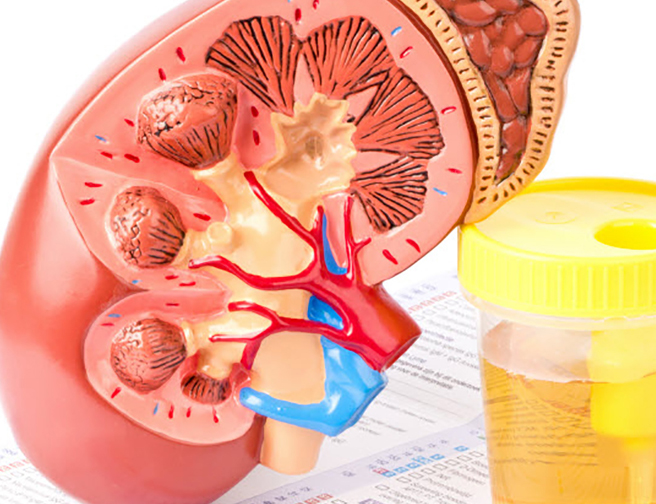
Kidney Investigations
There are several investigations that can be done to evaluate the function and health of the kidneys. Here are some of the commonly used ones:
- Blood tests: These include tests for creatinine, blood urea nitrogen (BUN), and electrolytes. Elevated creatinine and BUN levels indicate impaired kidney function.
- Urine tests: These include tests for protein, glucose, blood cells, and other substances in the urine. Abnormal levels of these can indicate kidney damage or disease.
- Imaging tests: These include ultrasound, CT scan, or MRI, which can help visualize the kidneys and detect any abnormalities.
- Biopsy: A kidney biopsy involves removing a small sample of kidney tissue for examination under a microscope. This test can help diagnose certain kidney diseases.
- GFR (glomerular filtration rate): This is a test that estimates how well the kidneys are filtering waste products from the blood. It is typically calculated based on the creatinine level in the blood and other factors such as age and sex.
- Kidney function tests: These are a series of tests that can evaluate various aspects of kidney function, such as the ability to concentrate urine or the ability to excrete waste products.
It is important to note that the specific investigations ordered by a healthcare provider may vary based on the individual's symptoms, medical history, and other factors.
